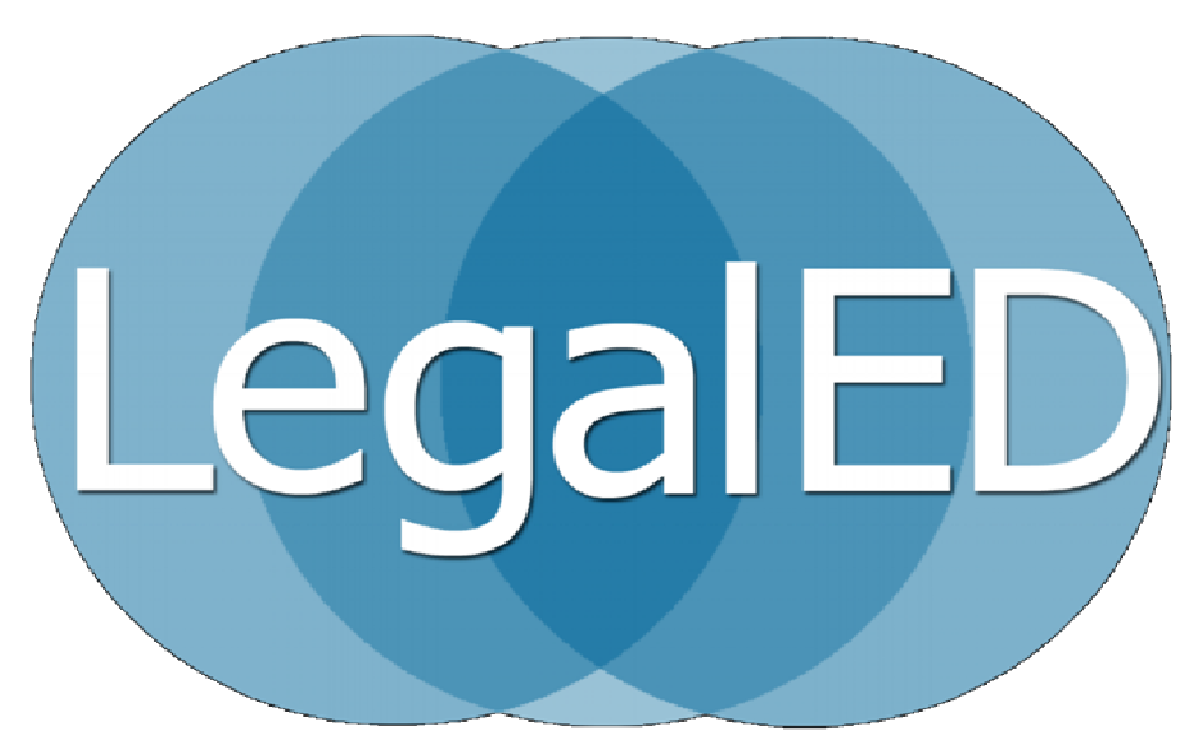Introduction to the "Igniting Law Teaching"
April 4th 2014 LegalED hosted the first Igniting Law Teaching Conference at American College of Law.
Billie Jo Kauffman Associate Dean for Library and Information Resources Professor of Law
Prior to joining the faculty of WCL in 2003, Billie Jo was director of the Law Library & Technology Center and Associate Professor of Law at Shepard Broad Law Center, Nova Southeastern University in Fort Lauderdale, Fla., where she held several positions within the law library system from 1987 until 2003. She also teaches and specializes in advanced legal research; cyberlaw; criminal procedure; legal research and writing and law librarianship. She is a member of the ABA, the AALL, the AALS, the Southeast Association of Law Libraries, the Law Librarians’ Society of Washington, D.C., the Computer Assisted Legal Instruction, the Consortium of Southeast Law Libraries, the South Florida Association of Law Libraries, and the Southeast Florida Information Network.
During the spring 2014 semester, she is serving as a Visiting Professor at American University Washington College of Law. Her scholarship has focused on the impact of modern communications technologies on various policies for more than a decade. Her most recent article, co-written with her husband, John Hoeffner, is No Path But One: Law Schools in an Age of Disruptive Technologies, available on SSRN http://works.bepress.com/michele_pistone/35/. She founded LegalED to create a networked online community of law professors, law students, lawyers, judges and others interested in learning about the law and legal systems. Before becoming a law professor, Michele was an associate in the NY and DC offices of Willie Farr & Gallagher and Acting Legal Director at Human Rights First.
Michele Pistone, Villanova University School of Law, “Why Law School Needs to Change"
Talk Summary: Why Law Schools Need to Change Law schools need to change because the internet offers no alternatives. For traditional place-based law schools, the solution to the challenge of the internet age is, first, to migrate online whatever content can effectively be delivered there; second, to make extensive use of the physical building to deliver a premium educational experience that online providers cannot copy, one which emphasizes the practical skills that have for so long been ignored; and, third, to establish the premium experience as the new and regulated norm. Adherents of the status quo will object that it will be too difficult to follow this path. The objection presupposes that there is an easier route to survival. There is not. The management of the bookseller Borders determined that building an online presence was too difficult, and focused instead on the traditional methods of selling books. Borders now exists no more. Unlike Borders, traditional law schools still have the option – if only for a short period of time – to accept the challenges of the age. If the option is declined, the law schools’ attachment to the comfortable ways of the past will similarly doom them.
"Legal Education Through the Looking Glass" Leo Martinez, University of California, Hastings College of Law President, Association of American Law Schools (AALS)
Leo Martinez is the immediate past President of the Association of American Law Schools (AALS) as well as the Albert Abramson Professor of Law at the University of California, Hastings College of Law. Leo has been with UC Hastings since 1985, serving as Academic Dean for 12 years and Acting Chancellor and Dean during the 2009-2010 academic year. His expertise is in tax law, and he has taught a combination of contracts, federal tax, tax policy, tax procedure, and insurance law.
Leo has also been active in public service, chairing the board of four separate non-profits. He has been honored by Public Advocates with its highest aware, the Voices of Conscience Award, for his leadership in the law and public interest.
Talk Summary: In seven minutes, Leo will cover the prognoses of legal education for the future.

